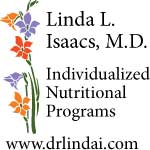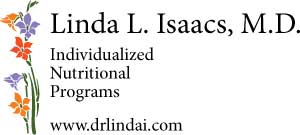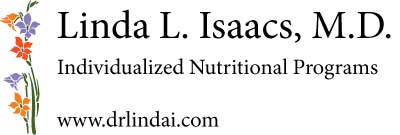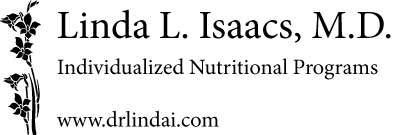Is Alternative Cancer Therapy Risky?
by Linda L. Isaacs, M.D.
Click here for the article Deciding Whether to Pursue an Alternative Cancer Therapy
“Cancer Patients Who Use Alternative Medicine More Than Twice as Likely to Die.” “Forgoing Conventional Cancer Treatments for Alternative Medicine Increases Risk of Death.” Such headlines found online might be quite frightening. Here are more details about the two studies on which the stories are based.
The results do not apply to all cancer patients
The two research studies looked at information submitted by medical centers and hospitals to the National Cancer Database. The authors only looked at data about four types of cancer: breast, colon, lung, and prostate. Also, they only looked at data about patients whose disease was localized, meaning that surgery or radiation might be curative.
The results do not apply to all alternative or complementary medicine
The researchers compared outcomes between patients who had a particular code assigned to their case in the National Cancer Database to patients who did not. The code indicated that patients had chosen “other-unproven: cancer treatments administered by non-medical personnel.” This is a broad description for a wide variety of different practices, lumping together everything from a patient taking one or two supplements or taking a yoga class, to a patient being guided by a professional with extensive experience.
The data was not good quality
Only 258 of nearly two million patients had the code for “other-unproven” treatment applied, for a rate of 0.01%. The authors quote other research that says that between 48% and 88% of cancer patients use a complementary or alternative method. This means there is a lot of missing information in the National Cancer Database. When an intervention that is used by 48% to 88% of patients is only coded for 0.01%, there is a big problem with the reliability of the data.
What do the papers say
One of the studies, “Use of Alternative Medicine for Cancer and Its Impact on Survival,” published in the Journal of the National Cancer Institute, compared death from all causes in patients who chose alternative medicine, refusing all standard treatment, versus those who went with conventional cancer treatment. Remember, though, that they were looking only at patients with localized disease, where surgery can be curative. They found that patients who refused all therapy did worse, which supports what I have been telling cancer patients for decades: if a curative option exists in orthodox medicine, get it. The study says nothing about the value of alternative medicine when no cure is possible in conventional medicine.
The other study, “Complementary Medicine, Refusal of Conventional Cancer Therapy, and Survival Among Patients with Curable Cancers” published in JAMA Oncology, is a little more complicated to assess. This study compared survival, based on the time of diagnosis, of patients who only received conventional cancer treatment to patients who used “other-unproven: cancer treatments administered by non-medical personnel” in addition to some conventional cancer treatment.
The researchers found that the use of complementary medicine meant borderline significantly poorer survival for colorectal cancer, but no differences in survival for lung or prostate cancer.
They did find decreased survival in breast cancer, but only when the patients had turned down some of the interventions their doctor recommended. The authors were not clear on exactly which interventions were received or refused. The most likely scenario, based on my experience, is that the patients with breast cancer got surgery, and then refused adjuvant therapy such as radiation, chemotherapy, and hormone blockade, which can reduce their risk of recurrence. Those patients did worse than those who followed all of their doctors’ recommendations.
But this conclusion is only valid if the patients in the two groups – breast cancer patients who did everything their oncologist says, versus breast cancer patients who don’t – are otherwise similar (setting aside the problem of incomplete coding of complementary medicine use). Are they?
That might not be true. In my experience, people who refuse radiation after lumpectomy or mastectomy are more likely to have avoided screening mammography due to concern about radiation exposure, so their cancer is diagnosed after they or their health care providers find a mass. Mammography finds cancer at an earlier stage in its development, so any measurement of survival from time of diagnosis will be longer if the disease was found by mammography (lead time bias). In addition, mammography finds disease that will never become deadly if untreated (overdiagnosis). If mammography use is more prevalent in one group, that group’s survival will be artificially boosted because more of the patients had a cancer that was not aggressive enough to kill them, and it was found earlier.
What is the bottom line?
If you have a cancer that can be cured by conventional medicine, I suggest you go ahead with it. But for other cancer patients, these studies do not apply. Some news articles make it sound like alternative and complementary treatments have been shown to be comprehensively worthless for all cancer patients, but that is not correct. Click here for my article about approaching the decision process.



